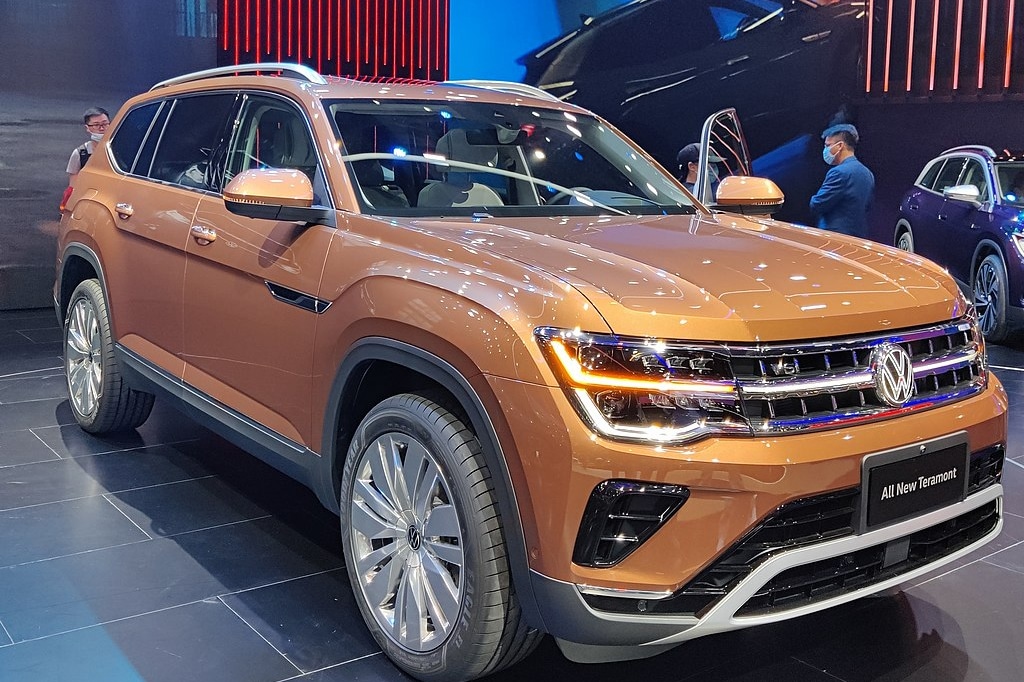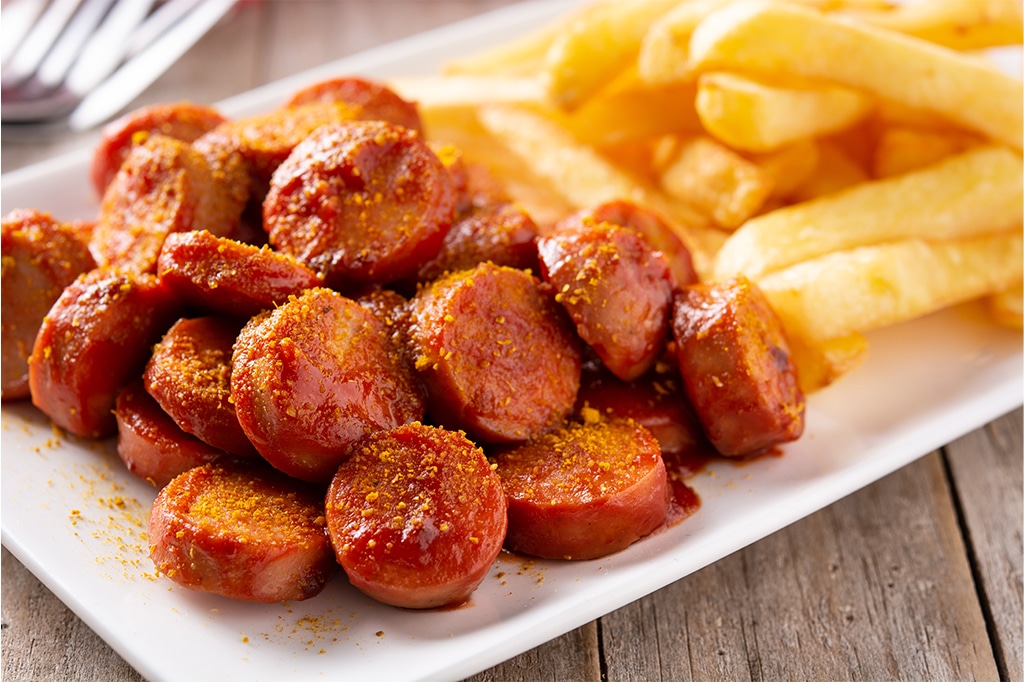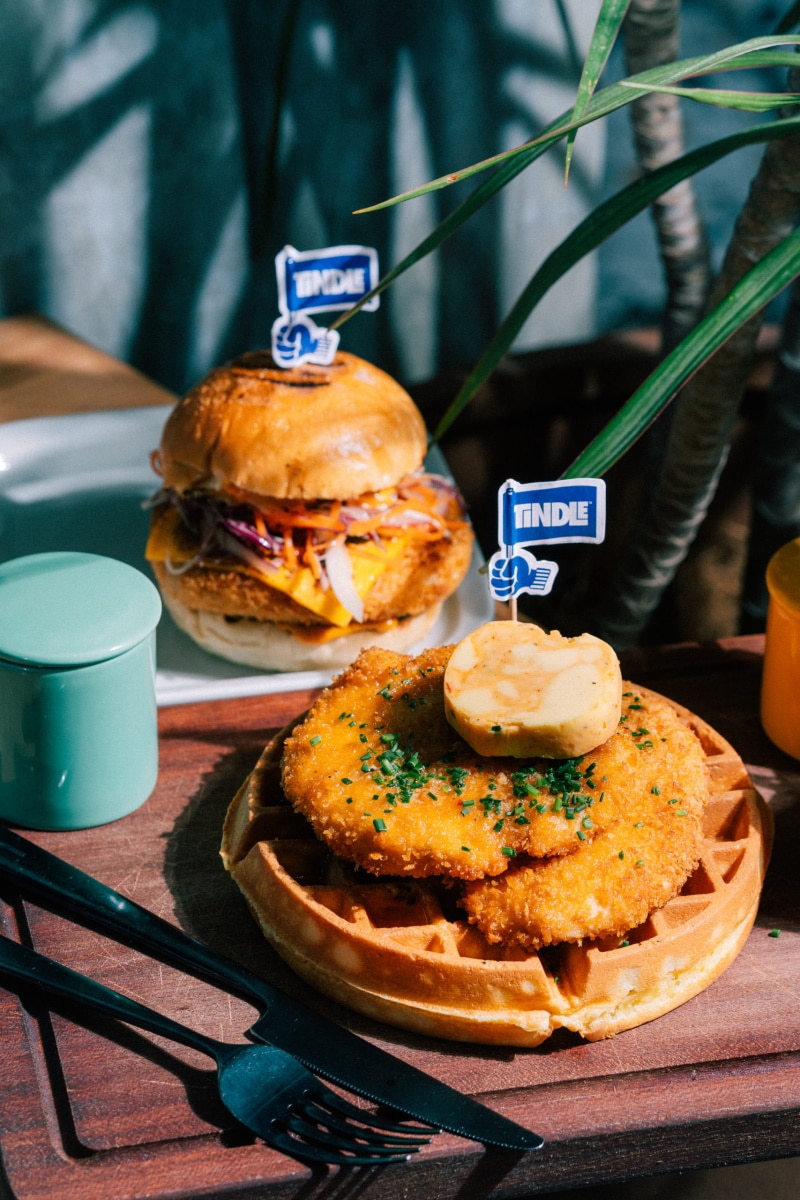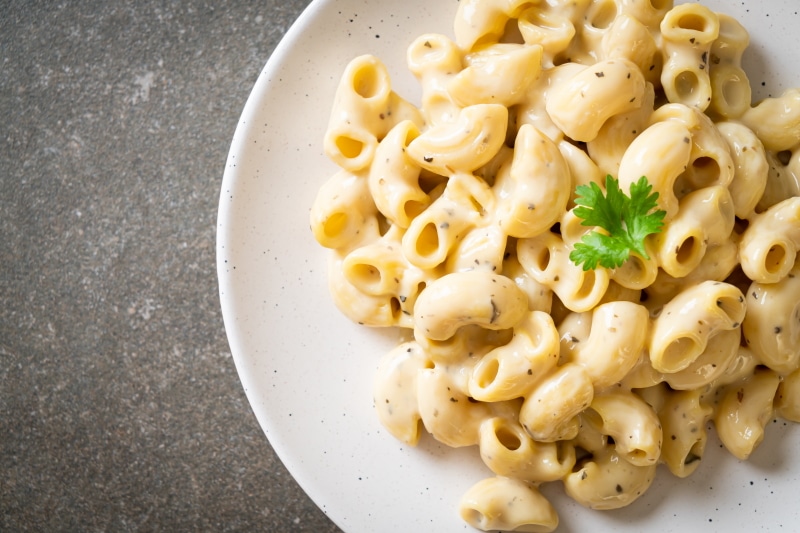This August 20, Volkswagen the German car manufacturer will stop serving meat at its primacies, including its famous currywurst, at its headquarters cafeteria in Wolfsburg, Germany. Though the company is best known for its cars, Volkswagen has been making currywurst and 18,000 pork sausages per day since 1973.
This means that VW makes more sausages than cars. In 2018 alone, the car company has produced about 6.8 million sausages. Currywurst is a very popular German dish featuring a pork sausage topped with a spicy ketchup sauce that comes with either French fries or bread. In Germany, more than 800 million servings of currywurst are eaten annually.
Under the leadership of Nils Potthast, a Michelin-starred chef, Volkswagen Head of Gastronomy & Catering at the Volkswagen Service Factory, the company is transforming its HQ cafeteria as part of its mission to stop serving meat from mass agriculture farms by 2025. Volkswagen has more than forty-eight cafeterias across Germany that are already are serving vegan currywurst and meat-based items. At the HQ cafeteria, which serves 60,000 Volkswagen employees, it will be replaced with a more sustainable plant-based product, such as burgers made with jackfruit- and eggplant-based patties.
“Plant-based shift is beneficial in many ways. This topic is really important to me personally: the food in our VW canteens. It is getting better and healthier,”. To date, over 400 new recipes have been developed and tasted. Less meat, more vegetables, better ingredients—a huge step forward, much more contemporary. Good food is important, it is crucial for the health, the mood and thus also for the productivity of the employees.”
Herbert Diess, Chairman of the Board of Management of Volkswagen Group
Volkswagen’s decision has received some criticism from top German politicians, including former chancellor Gerhard Schröder who wrote on his own LinkedIn profile to criticize the change. “A vegetarian diet is good, and I do it myself in phases,” the 77-year-old wrote. “But basically no currywurst? No.”

Image Source: JustAnotherCarDesigner, CC BY-SA 4.0 https://creativecommons.org/licenses/by-sa/4.0, via Wikimedia Commons
In addition, to stop consuming meat, Volkswagen will enter a new era of car manufacturing by exploring leather-free interior options. Two years ago, Volkswagen unveiled an electric SUV concept car with a 100-percent vegan leather interior made from apples peels and leftovers.
Volkswagen’s apple leather-covered car is part of an emerging trend that many car manufacturers are making by changing its newest models to electricity and outfitting them in animal-free and recycled materials.
Back in 2016, Tesla has been offering leather-free interiors on all of its models, and in 2019, removed the last remaining leather component from its steering wheel to allow customers to customize a fully vegan vehicle. Other manufacturers doing the same include Audi, BMW, and Ford.
Next February, British car manufacturer MINI announced that it is eliminating leather interiors from all its future models to create more sustainable vehicles. Shortly thereafter in March, Volvo also announced it would phase out leather from its interiors and only produce electric cars by 2030. .








